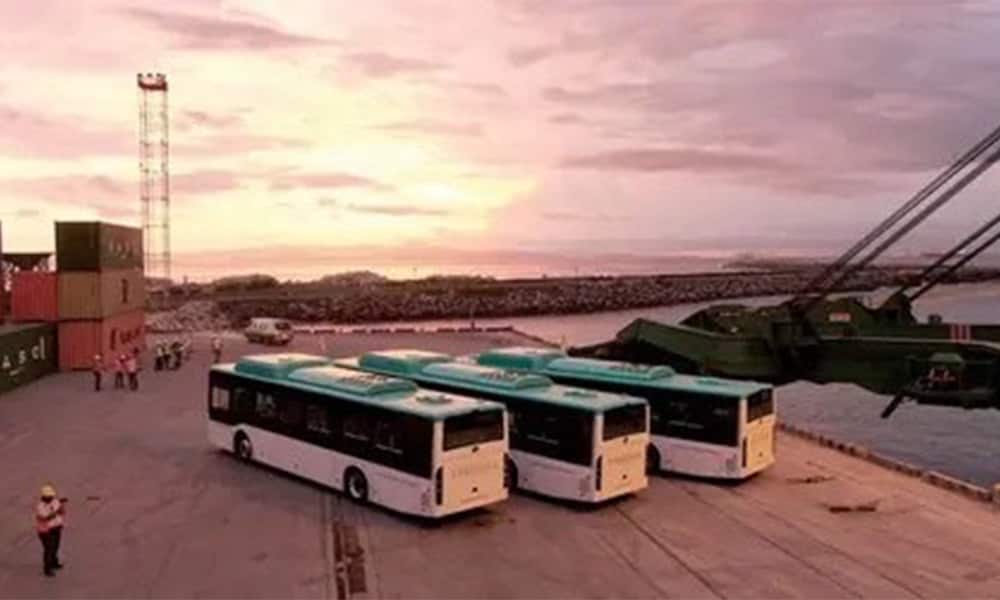The Costa Rican Electricity Institute (ICE) and the government are working to transform public transportation in the country’s seven provinces. The goal is to promote a viable business model for the electrification of public transportation that can be used throughout the country.
This week, ICE will receive companies interested in participating in a market research study to gather the necessary information to structure a model for the electrification of public transportation. The study will include an analysis of the demand for electric buses, the costs of purchasing and operating electric buses, and the availability of charging infrastructure.
ICE will also organize an activity where it will present the required characteristics of the buses that will be able to operate in the country. The buses must be able to travel long distances, have a large capacity, and be able to withstand the country’s tropical climate.
The eight distribution companies operating in Costa Rica (ICE, CNFL, ESPH, JASEC, COOPEGUANACASTE, COOPEALFARORUIZ, COOPESANTOS, and COOPELESCA) are coordinating with the concessionaires of passenger transportation to develop a roadmap for the electrification of public transportation.
“We want to have electric public buses; it’s the government’s, ICE’s, distributors’, and concessionaires’ goal throughout the country,” said Marco Acuña, president of ICE Group. “We are aware that this is the right way to ensure the well-being of our citizens, the economy, and the environment.”
Allan Benavides, president of the Chamber of Energy and Telecommunications Distribution Companies (CEDET), said that “this is the most important project” so far and that Costa Rica must demonstrate its commitment to the environment and the health of its inhabitants.
“We are convinced that this effort will keep the country positioned as an example of global sustainability,” he added.
ICE has experience in operating electric buses. In 2020, the company launched a pilot plan with three electric buses donated by the Republic of Germany. The buses have been operating on three different routes since then, and it has been demonstrated that they save 80% in energy purchases compared to combustion buses.
The institution pointed out that its companies are electricity providers in about 77% of the national territory. ICE provides energy to the seven provinces, mainly rural areas and areas with lower population density. At the same time, CNFL covers the areas with the most significant economic activity in the Greater Metropolitan Area (GAM).
Implementing electric buses will allow Costa Rica to continue working towards its decarbonization and sustainability agenda. The country has already achieved carbon neutrality, and it is committed to becoming carbon negative by 2025.
The electrification of public transportation is a key part of this plan. Electric buses produce zero emissions, which will help to improve air quality and reduce greenhouse gas emissions. They are also quieter than combustion buses, which will make public transportation more pleasant for passengers.
The market research study and the roadmap for the electrification of public transportation are important steps in the process of transitioning to a cleaner and more sustainable transportation system in Costa Rica.






